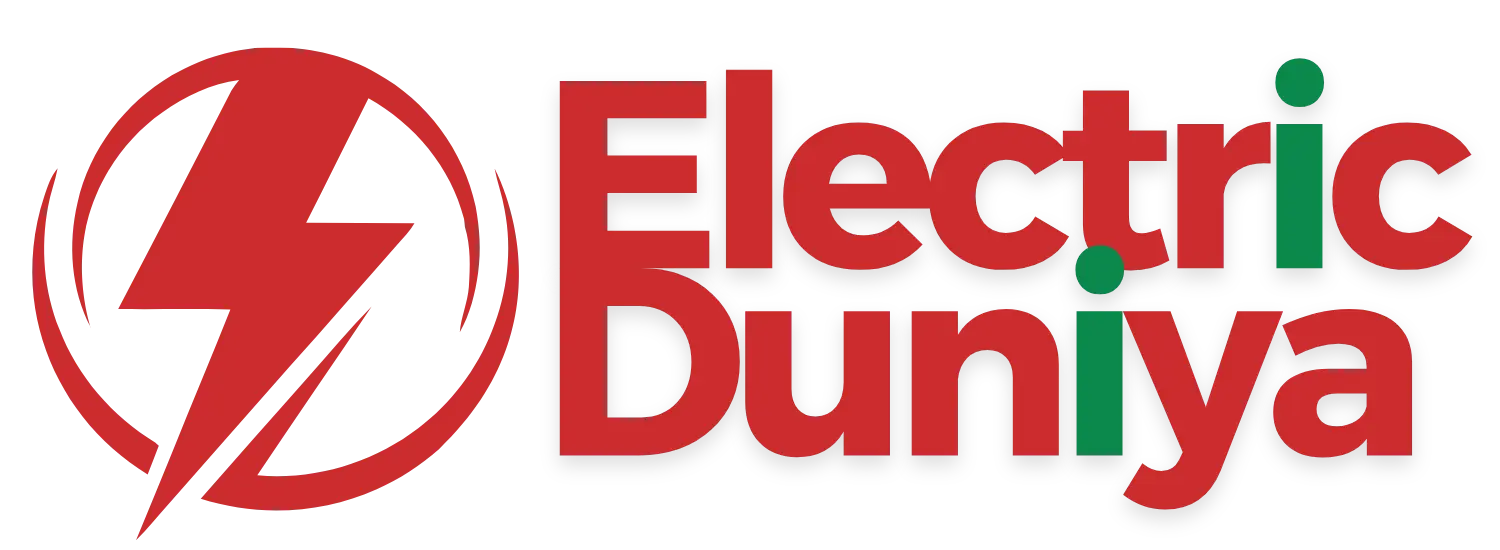Recently, my Tata Nexon EV started making strange noises and I had no idea what was going on.
I took it to the service centre, where the mechanic assured me that this was a common issue.
He patiently explained the different types of noises that can occur, their underlying causes, and how they can be fixed.
In this blog, I’ll share everything I learned from that experience, so if your Nexon EV ever starts acting up with weird noises, you’ll know exactly what to do and how to get it sorted out.
Whining or High-Pitched Noise
If you hear a whining or high-pitched noise when you accelerate or decelerate in your Nexon EV, it’s usually connected to the electric motor or transmission.
When I noticed this in my EV, I asked the mechanic about it. He explained that EVs naturally produce some sounds during a drive from the electric motor and gear systems, especially at higher speeds.
He said it’s normal for the motor to make some sound, but if it gets unusually loud, it might signal a problem.
The mechanic also mentioned that while EVs have fewer moving parts than traditional cars, the transmission system or reduction gears can still produce whining noises.
This often happens due to wear and tear or if there’s not enough lubrication.
Solution
The mechanic advised that if the noise is new or suddenly louder, it’s best to have a professional check it out.
They can make sure the motor and transmission are working properly and address any issues.
Clicking or Clunking Sounds
I heard some clicking or clunking sounds in my Nexon EV and asked the mechanic about it.
He told me these Nexon EV clicking noises are usually linked to mechanical issues.
For example, if you hear clunking when driving over bumps or uneven roads, it could be from worn-out suspension components like struts, shocks, or bushings.
Such sounds might also indicate a Tata Nexon EV suspension issue, which should be inspected promptly to ensure a smooth and safe ride.
He also said that clicking noises could come from the drivetrain, like the axles or CV joints. While it’s less common in EVs, it’s still something that can happen.
Solution
The mechanic recommended having the suspension and drivetrain inspected by a technician.
They can find and fix any worn or damaged parts to stop the noise.
Rattling Noises
When my Nexon EV started making a rattling issue, I got a bit concerned.
The mechanic told me that rattling can happen if parts like interior panels or exterior trim are loose.
This is noticeable when you driving over rough roads.
He also mentioned that the battery pack in the Nexon EV is a large and complex assembly.
If anything inside the battery compartment is loose or not secured properly, it can cause rattling noises.
Solution
The mechanic suggested checking for any loose interior or exterior parts and securing them properly.
If the rattling seems to come from the battery compartment, he advised getting it checked by a Nexon EV service expert.
Grinding Noise
Hearing a grinding noise in your Nexon EV is usually more serious.
When I heard it, the mechanic explained that if the noise happens when braking, it might mean the brake pads are worn out or the rotors are damaged.
Even though the Nexon EV uses regenerative braking, the traditional brake components can still wear out.
He also said that while it’s not common, a grinding noise from the electric motor could mean there’s a more serious issue.
This might be due to improper alignment, worn motor bearings, or debris inside the motor.
It could also be a problem with the cooling system, like a malfunctioning fan or coolant pump, causing the motor to overheat and make noise.
Solution
The mechanic told me that if the grinding noise is brake-related, I should inspect or replace the brake pads and rotors.
If the noise is coming from the motor, it’s crucial to get the vehicle inspected immediately to avoid further damage.
Hissing or Sizzling Sounds
I noticed a hissing or sizzling sound in my Nexon EV, so I asked the mechanic what it could be.
He said these sounds are usually related to the cooling system.
The Nexon EV uses cooling systems to manage the temperature of the battery and motor.
A hissing sound could indicate a coolant leak or another issue with the cooling components.
He also mentioned that sometimes hissing noises can occur during regenerative braking when the system is managing energy recovery.
It’s usually not a cause for concern unless it persists.
Solution
The mechanic recommended checking for coolant leaks or any problems with the cooling system if you hear hissing or sizzling.
If the noise doesn’t go away, it’s better to have a technician look at it to prevent any serious issues.
Buzzing Sounds
I noticed a buzzing sound in my Nexon EV, and the mechanic explained that it’s often related to electrical components.
Since the car runs on electricity, buzzing noises can come from parts like the onboard charger, inverter, or other electrical systems.
He also pointed out that the climate control system, like the air conditioning or heating, can sometimes produce a buzzing noise, especially if there’s an issue with the blower motor or other parts.
Solution
The mechanic suggested tracing the source of the buzzing to see if it was coming from an electrical component or the climate control system.
If the noise continues, he advised consulting a technician to diagnose and fix the issue.
Final Thoughts
The information I’ve shared comes directly from an expert with hands-on experience fixing these exact issues in the Tata Nexon EV.
The reason I’m sharing this is to help you understand the different noises your EV might make, why they happen, and what you can do about them.
While you might not be able to fix these issues on your own, at least now you’re more aware of what could be going wrong.
This awareness will help you take better care of your EV and ensure it gets the attention it needs from a mechanic.
From this conversation, I’ve learned a lot about how my EV works and what to listen for to catch potential problems early. I hope you found this information helpful too.







